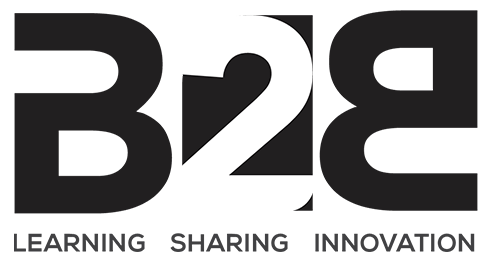Beating much-fancied private sector peers by a wide margin, PSU bank stocks have turned out to be the top performing sector of FY22 on the back of improved loan growth, margins and controlled credit costs.
In the last one year, Nifty PSU Bank index has rallied over 30% with UCO Bank turning out to be a little ninja for investors as it has nearly doubled money.
In the 12-pack index of all state-run banks, India’s largest lender the State Bank of India (SBI) is the worst performer with a minor return of just around 3%. All other stocks in the index have given double-digit returns.
So far in the financial year, Indian Bank has rallied over 76%, Union Bank of India 60%, Punjab & Sind Bank 55% and Bank of India 51%.
However, the last 3 months have been merciless for PSU bank stocks with the barometer losing around 15% of its value amid concerns around debts given to embattled Adani Group and global banking turmoil.
In the December quarter, PSBs reported a solid cumulative profit growth of 65%, mainly driven by healthy net interest income.
Bank of Maharashtra emerged as the top performer in terms of percentage growth in profit. The Pune-headquartered lender recorded a 139% jump in profit to Rs 775 crore at the end of December 2022.
It was followed by Kolkata-based UCO Bank which posted a profit of Rs 653 crore, 110% higher year-on-year. Most of the public sector lenders reported strong margin expansions and asset quality continued to improve.
But investors are now worried over worsening asset quality and weakening loan growth in a rising interest rate environment.
Emkay Global Financial said the increase in lending rates by banks in response to the repo hikes now start having some impact on credit growth which, coupled with accelerating funding costs, could derail the margin improvement story.
As NIMs (net interest margins) normalise, analysts say private banks have more scope to pull back investments. “PSU banks’ cost growth will likely stay unchanged or could even rise because it is largely driven by inflation/ distribution costs and banks may need to start providing for salary hikes as most are providing for 10% hikes vs. last hike of 12%,” Jefferies analyst Prakhar Sharma and Vinayak Agarwal said.
Among PSU banks, SBI is the only one on which the global brokerage has a buy rating with a target price of Rs 760.
Motilal Oswal analysts say that while private banks could start witnessing some NIM pressure from 1HFY24E, PSBs will have a longer runway for margin expansion mainly due to higher linkage to MCLR and hence, their NIMs can continue to improve for a few more quarters.
“We believe that PSBs are on track to undergo complete earnings normalization, aided by lower credit costs. We expect the average credit cost of the top seven PSBs to moderate to 1.2% by FY25 from 3.3% over FY18–21,” the brokerage said.

























































